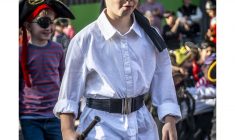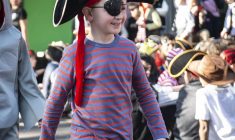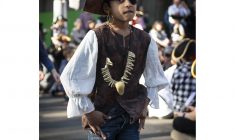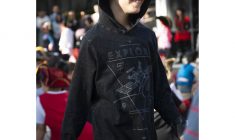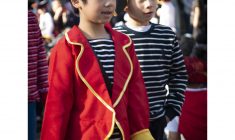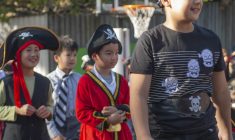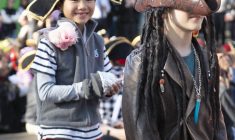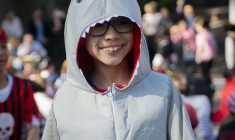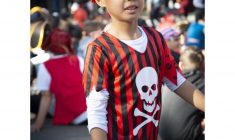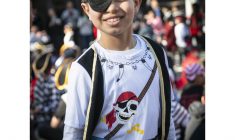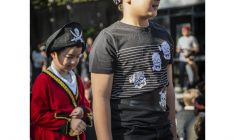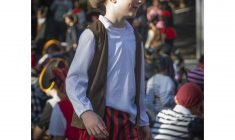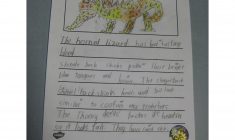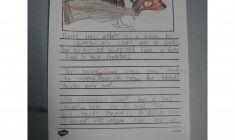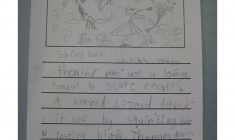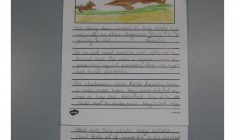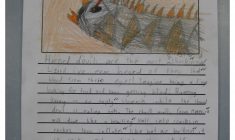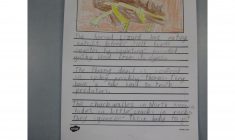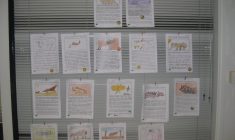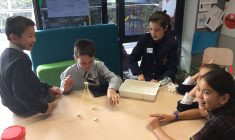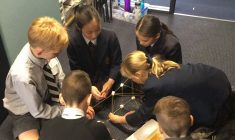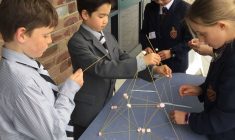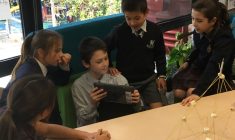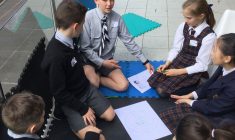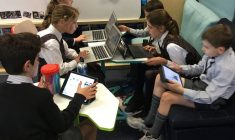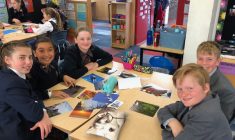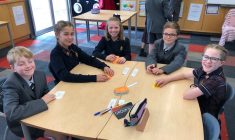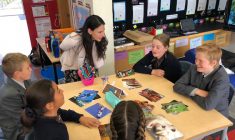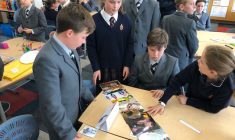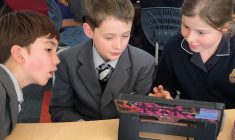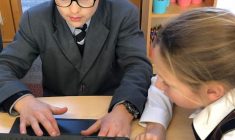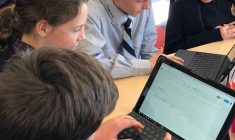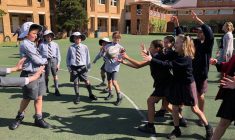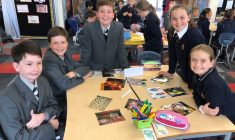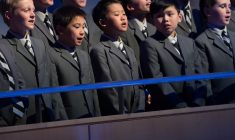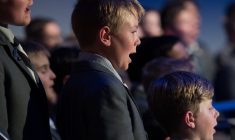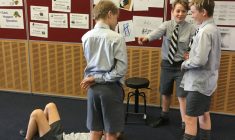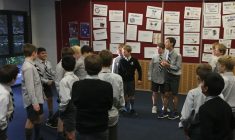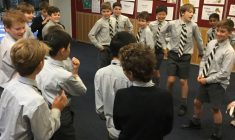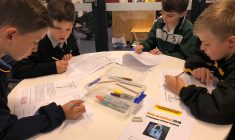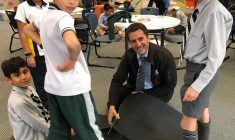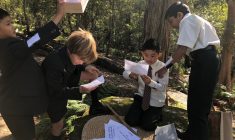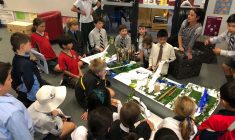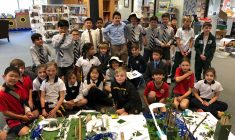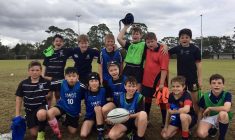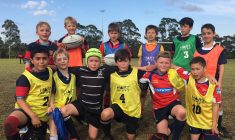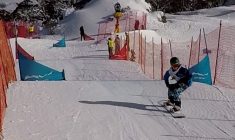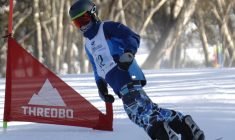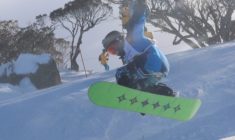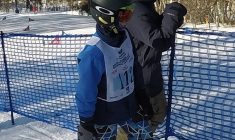Arguing is a Good Thing
This week I have sourced an article from the Marshall Memo about the learning that occurs from really debating and arguing about an issue with your children. The article made me think back to one Friday afternoon in Year 10, walking back to my boarding house arguing with a friend about a political issue raised in our history class. It was about politics and Australia in the sixties. The argument continued for ages with neither of us budging but trying to persuade the other as to the error of their thinking.
Later in the final history exam, this same question came up and even though I had not prepared or studied this area, I was unprepared for other areas and so gave it a go. I ended up doing this essay question for the single reason that I had engaged, debated, defended, critiqued and had my argument critiqued when arguing with my friend that Friday afternoon.
It is a good example of the message set out in the article below. Debating issues makes us think in critical and authentic ways. We need to provoke, engage and ensure that our boys are debating, thinking and critiquing ideas and issues in the world around them. There is nothing wrong with a good argument as long as it is constructive!
Marshall Memo Excerpt:
In this New York Times article, Adam Grant (University of Pennsylvania) says that if children aren’t exposed to disagreement and arguments, it will end up limiting their creativity as adults. “The skill to get hot without getting mad – to have a good argument that doesn’t become personal – is critical to life,” says Grant. “But it’s one that few parents teach to their children. We want to give kids a stable home, so we stop siblings from quarreling and we have our own arguments behind closed doors… Witnessing arguments – and participating in them – helps us grow a thicker skin. We develop the will to fight uphill battles and the skill to win those battles, and the resilience to lose a battle today without losing our resolve tomorrow.”
It turns out that many highly creative people grew up in families in which robust debates took place all the time – friction about values, politics, interests, how to raise children. Wilbur and Orville Wright came from such a family, and as they worked on building their airplane, they squabbled incessantly (one of their longest debates was about the shape of the propeller). “I don’t think they really got mad,” observed their mechanic, “but they sure got awfully hot.” Other examples of adult conflict producing results: Elizabeth Cady Stanton and Susan B. Anthony disagreed about how to win women’s suffrage; Steve Jobs and Steve Wozniak butted heads about how to design the first Apple computer; the Beatles fought over instruments, lyrics, and melodies.
“Disagreement is the antidote to groupthink,” says Grant. “We’re at our most imaginative when we’re out of synch.” He contends that it’s a mistake to conduct brainstorming with a no-judgments rule; instead, people should be encouraged to generate as many ideas as possible and argue about them during the process. One study showed that brainstorming groups generate 16 percent more ideas when members are encouraged to criticize one another. The same has been shown to be true in American hospital teams, Chinese technology companies, and microbiology labs.
What are the implications for parents and teachers? “Children need to learn the value of thoughtful disagreement,” says Grant. They should see adults arguing in a mutually respectful, emotionally safe manner. Kids might be taught that to remain silent when they disagree with someone is actually disrespectful of the other person’s ability to have a civil argument – and dismissive of one’s own viewpoint and voice. “It’s a sign of respect to care enough about someone’s opinion that you’re willing to challenge it,” Grant says. He suggests the following ground rules for arguments:
- Frame them as debates, not conflicts.
- Argue as if you’re right, but listen as if you’re wrong.
- Make the most respectful interpretation of the other person’s perspective.
- Acknowledge where you agree with your critics and what you’ve learned from them.
“Good arguments are wobbly,” Grant concludes: “A team or family might rock back and forth but it never tips over. If kids don’t learn to wobble, they never learn to walk; they end up standing still.”
“Kids, Would You Please Start Fighting?” by Adam Grant in The New York Times, November 5, 2017, https://www.nytimes.com/2017/11/04/opinion/sunday/kids-would-you-please-start-fighting.html
Ben Barrington-Higgs






